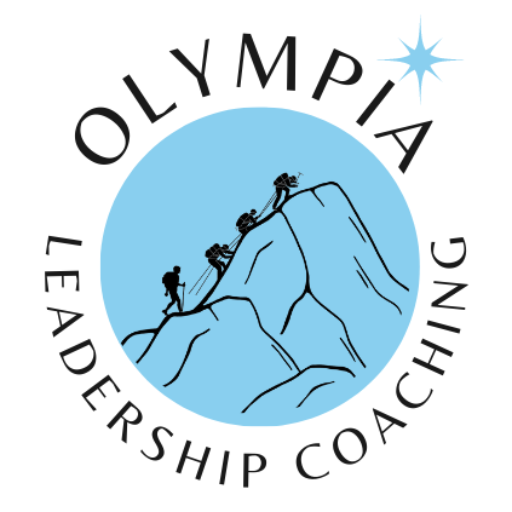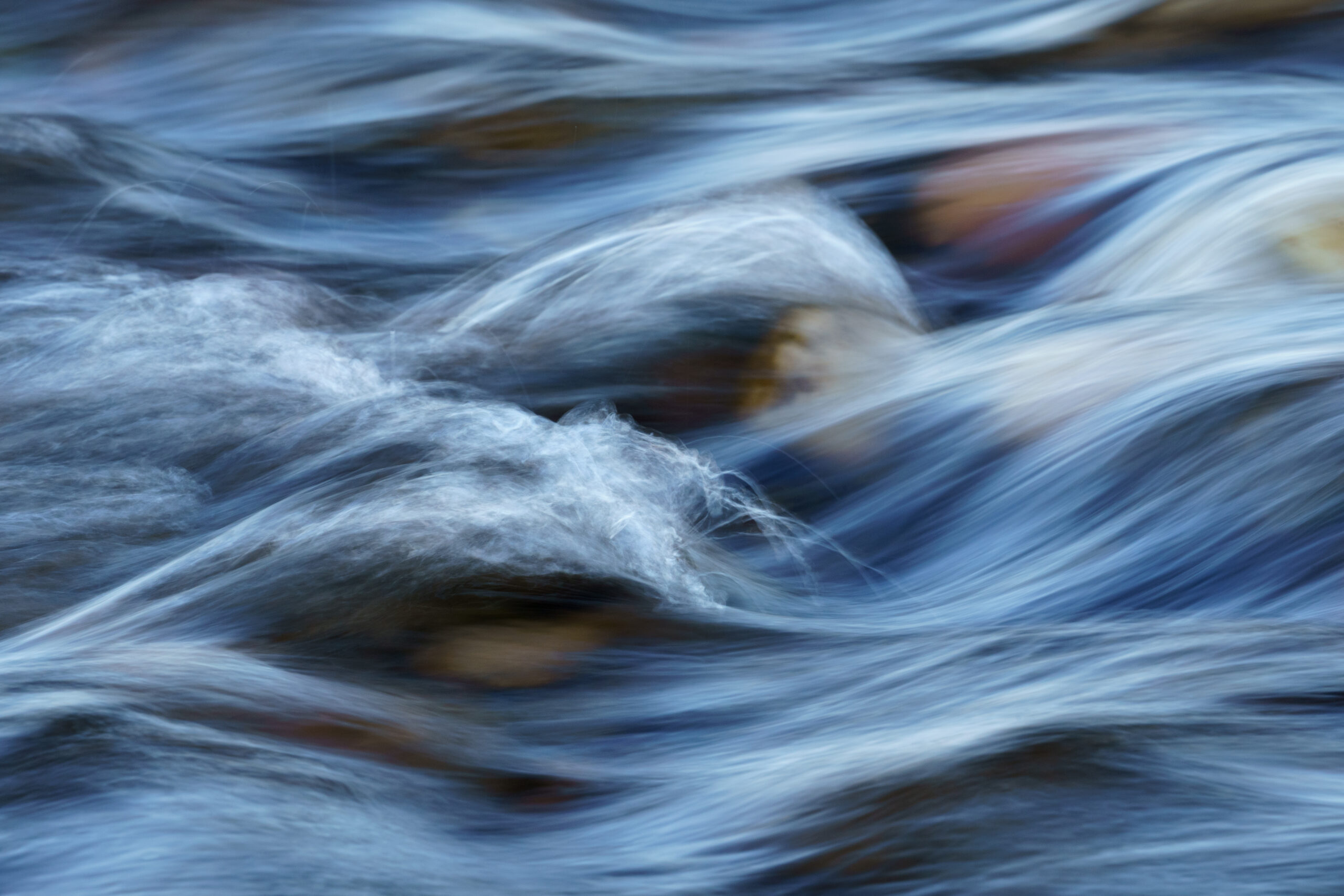Lately I have connected with some who yearn for that feeling of flow or being in the zone in their personal or professional lives. Mihaly Csikszentmihalyi, an expert on flow and positive psychology, describes flow as “a state in which people are so involved in an activity that nothing else seems to matter; the experience is so enjoyable that people will continue to do it even at great cost, for the sheer sake of doing it.”
I can relate to this desire, as it is an exhilarating feeling when one reaches it. Looking back at my time in the service, I remember many activities and teams that I was a part of that gave me that feeling of flow. As I transitioned to civilian life, I contemplated deeply in finding that thing that would give me the feeling of flow. Granted, running and my time in the gym continues to do this for me. But I didn’t want to limit this flow to just exercise. So, I tapped into the memories of those activities that put me in that zone, to recreate those moments in my professional life. Connecting one on one to help others get out of the rut, find clarity, and develop action plans that bring about solutions to their problems gave me that flow. Connecting with my family in deep conversations put me back in that zone. Spending time with the group of like-minded growth-oriented men gave me that feeling again. Below are some of the things that will help you get back into flow:
Strike the right balance. Find a task or activity that is just under your skill level, but not so much that it frustrates or overwhelms you. Flow occurs when the task is challenging enough to help you focus and apply your skills.
Eliminate distractions. Clear the clutter from your office, desk, or area at home that overwhelms your sight and mind. Find a quiet place to work without interruptions from emails, phone calls, or social media. Noise canceling headphones might be helpful. Schedule the activity when others are less likely to barge in.
Set clear goals. Ensure your goals are clear and specific with set times to accomplish them. Visualize what it will look like when it is achieved and work backwards to accomplish the steps needed to get closer to your goal.
Stay in the now. Avoid getting distracted by those pesky thoughts about the past or future. Quite your mind by meditating, going for a walk or run, or doing a simple gratitude exercise to help you appreciate where you are right now.
Get feedback. Don’t underestimate the power of accountability. Tap someone who you trust to help you stay accountable for the goals you want to reach. Check your progress towards your goals and get feedback on your performance to help you adjust your course or make changes as needed.
Plan pitstops. This is applicable throughout the day, and regularly to recharge, relax, and refocus. Some think that pushing through exhaustion is better than taking routine breaks because it breaks the momentum. Read up on the benefits of the pomodoro effect, and 90-minute work blocks. Other things that will help you retain more if you are studying or working on something creative is to schedule some of these activities in the middle of the day: take a walk, doodle, drink plenty of water or exercise.
Triggers for flow
Steven Kotler, author of Stealing Fire and The Art of Impossible states that there are over 22 triggers for flow. Some of the most prominent triggers are concentration, complexity, novelty, risk-taking, curiosity, spontaneity, purpose passion and autonomy. Find what triggers work for you and apply them when you want to increase the likelihood of you entering a state of flow. For example, one of the things that I do is to play some motivational music or an inspirational speech before and while I work out. When I am reading or writing, I minimize distractions and play baroque music to help me get into flow.
What activities help you find flow?
What are some of the triggers that help you induce flow?
Who do you enlist for feedback and accountability?


